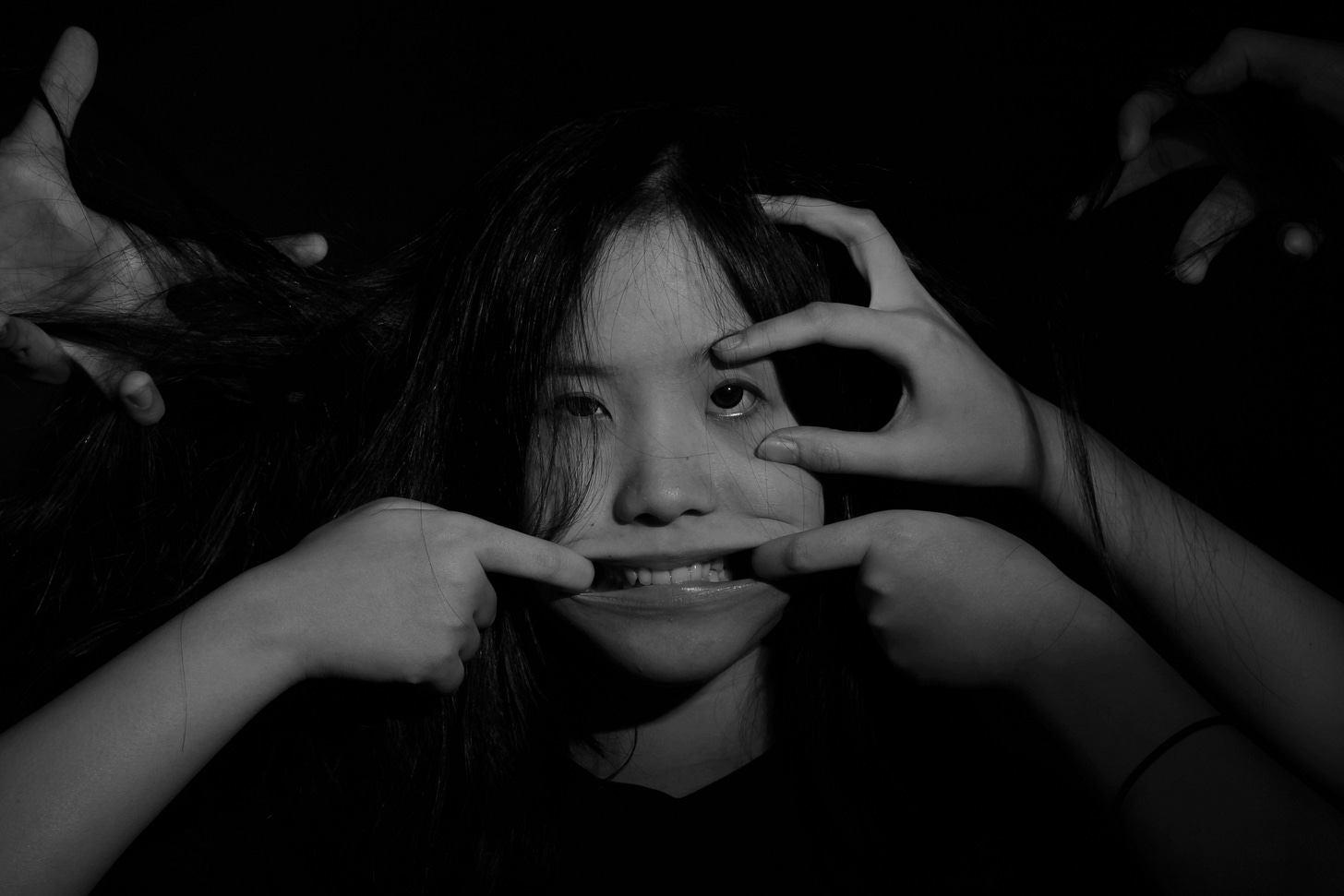The Disease to Please
Notes from a recovering people pleaser.
Hi, I’m Avani, and I’m a recovering people pleaser.
(Say “Hi Avani” in unison as I offer you my best, self-erasing smile).
Not the charming kind. Not the “she’s-so-thoughtful” kind. The deep-end kind. The kind that scans the room like a weather app, constantly checking the emotional temperature. The kind that says “I totally get it” when I totally don’t. The kind that keeps smiling long after the cheeks start to ache.
It starts early, this disease. You learn to be nice before you learn to be honest.
You learn that niceness buys love. That likability buys safety. That being easy to be around keeps the peace. That it’s safer to disappoint yourself than disappoint someone else.
As a child, I couldn’t even hear my own needs over the noise of everyone else’s.
I said yes before the question had finished forming. Offered help before it was asked. Laughed when I wasn’t amused. Apologised for having boundaries. Agreed when all I wanted to do was shake my head profusely and scream “no.”
I was charming. Attentive. A great listener. “So nice.” I made people feel safe – because I never risked offending them with my honesty.
I became fluent in emotional ventriloquism, throwing my voice in support of everyone else’s comfort.
I was the understanding one. The peacekeeper. The helper. The problem solver. The “she’s always there for me” person. I noticed micro-changes in tone, mood, energy. I preempted feelings. I translated silences.
And no one thought to ask if I was okay. Because I taught them not to. I was always okay. I made sure of it.
I confused likability with love. Service with self-worth. Approval with belonging. Obedience with connection.
And slowly, I began to vanish… gently, sweetly, efficiently.
But people-pleasing is a slow kind of burnout. A quiet depletion. Every conversation starts to feel like a transaction – you giving something invisible away: your time, your energy, your presence, your patience, your boundaries. A little piece of yourself.
You become everyone’s safe space but have no idea where your own is.
And over time, the exhaustion seeps in. Not like a thunderclap, but like a leaky faucet. Drip by drip. Yes by yes. Just a dull, constant, unrelenting ache of overextension.
An inbox of unsent honesty. A calendar of obligations. A life that feels like it belongs more to others than to you.
At 35, I’ve come a long way.
I pause before I say yes.
I ask myself if it’s kindness or compulsion.
I sit with the discomfort of disappointing someone, and remind myself it’s not fatal.
I cancel plans when I need rest.
I ask for help without offering ten favours in return.
I let messages sit unread if I don’t have the energy for them.
I ask for space without drowning in guilt.
I leave a party when I’m done, and not after I’ve helped wash the dishes and it’s 3 am.
I’m still gentle. Still warm. Still agreeable to a fault. I still relapse and pay for it with introvert migraines. I’m still deeply conflict-avoidant.
But I’m no longer auditioning for a crowd in every room I enter. That’s progress.
It’s hard to teach your nervous system that you’re not in danger just because someone’s mildly disappointed.
It’s hard to unlearn a lifetime of applause for being accommodating.
It’s hard to believe that you can be loveable, even when you’re not useful.
It’s hard to rewire decades of “being good” into a few years of “being real.”
I still try every day. One clumsy no at a time.
If you too are a chronic accommodator, a human buffer zone, an emotional contortionist, and an over-functioning empath – welcome to PPA: People Pleasers Anonymous.
Introduce yourself.
Share your story.
What was your last “no”?



How tough was it to meet two of us in one day, back-to-back!